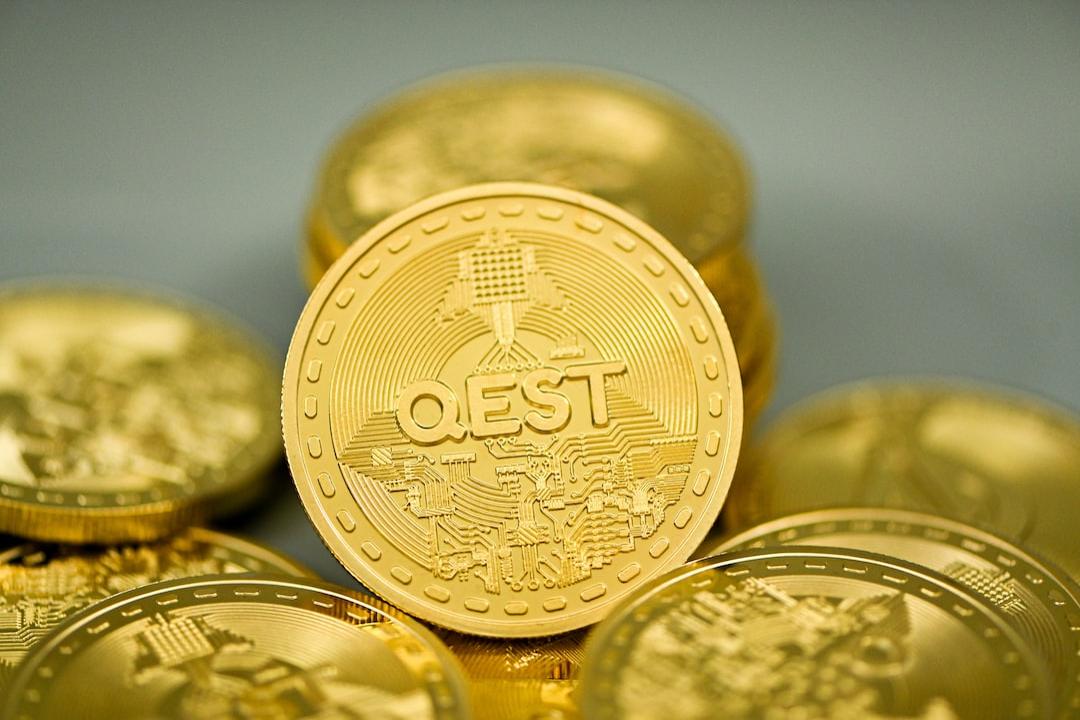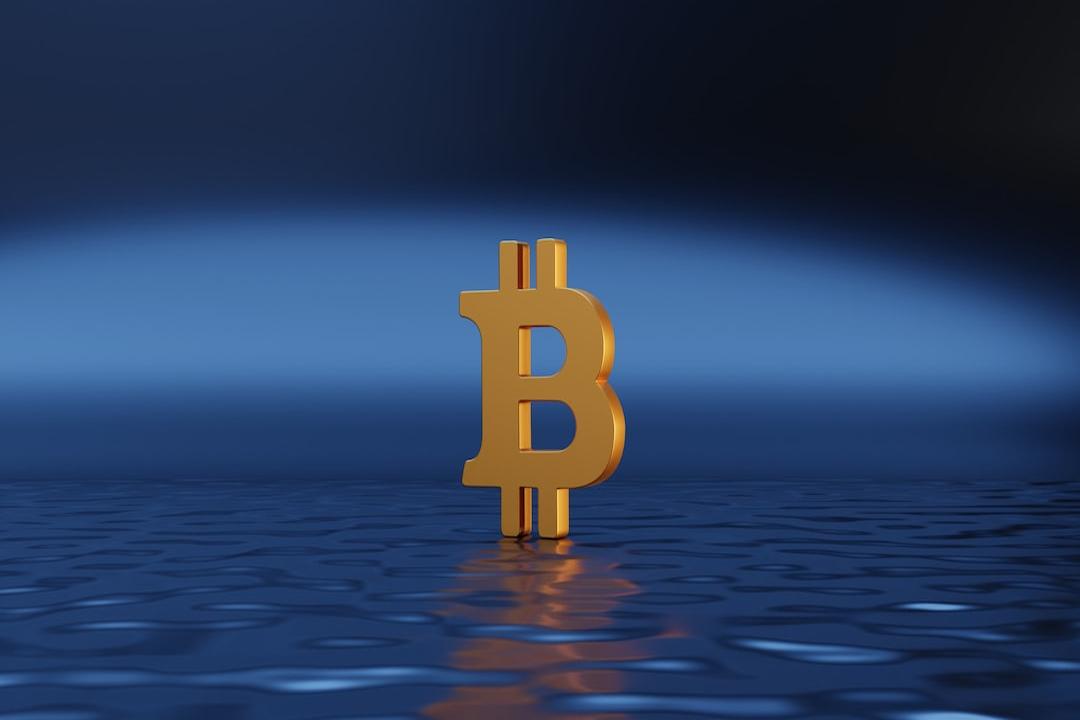Influencer Ian Balina Found Guilty of Violating Securities Laws by Promoting SPRK Tokens

Notable crypto influencer Ian Balina has been declared guilty by a U.S. district court for breaching U.S. securities laws.
According to recent court documents, Judge David Alan Ezra ruled that Balina was in violation for promoting and selling SPRK tokens without providing proper disclosure. The judge determined that the SPRK tokens met the requirements of the Howey Test, classifying them as securities.
Unlawful Promotion without Adequate Disclosure
Balina was charged in September 2022 due to his involvement in the unregistered initial coin offering (ICO) of SPRK tokens. The Securities and Exchange Commission (SEC) argued that these tokens required proper registration and disclosure.
The court found that Ian Balina had actively promoted and sold SPRK tokens through various social media platforms, including YouTube and Telegram.
Balina failed to disclose that he was receiving a 30% bonus as compensation for these promotions, which the court deemed a violation of Section 17(b) of the Securities Act.
Additionally, Balina created an investment pool where he offered SPRK tokens to investors. The SEC pointed out that he did not properly disclose his financial interest in the tokens he received from Sparkster, the company behind SPRK.
According to the SEC, the token offering raised approximately $30 million from nearly 4,000 investors both domestically and internationally between April and July 2018.
Ian Balina’s Response to the SEC’s Charges
In response to the SEC’s allegations, Balina’s website published a statement dismissing the charges as “baseless.” The statement claimed, “This is the first time a private pre-sale purchase of a digital asset token has been accused of being ‘compensation’ in exchange for publicity.”
“The Security and Exchange (SEC) Enforcement Division’s proposed charges against Mr. Balina are an unfounded effort based upon multiple misconceptions of fact and law, enumerated below,” the statement continued.
The response argued that Balina did not receive any compensation and refuted the existence of evidence to support such claims. It also suggested that Balina did not profit from his purchase and implied that he may have been a victim of fraudulent activity by the Sparkster team, similar to other investors.
Follow Us on Google News


